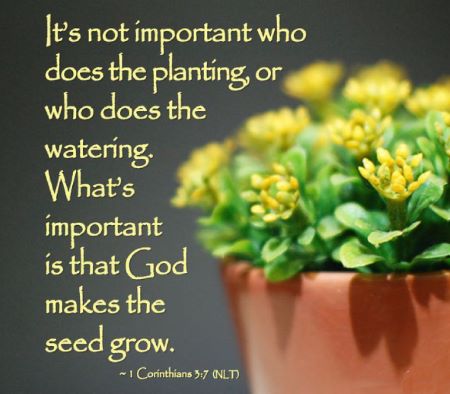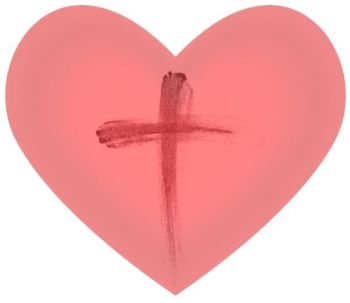
Preparing for Penance
Take a breath. The holidays and Holy Days are behind us. St. Francis’ Day, Halloween, All Saint’s Day, All the Faithful Departed, Thanksgiving, Christmas, New Year’s Eve and New Year’s Day, the coming of the Wise Men, the Baptism of our Lord, and the Epiphany.
We’re now in Ordinary Time. The English name is an attempt to translate the Latin tempus per annum (literally “time through the year.” And Ordinary Time comprises two periods –– one following Epiphany and the other following Pentecost –– neither of which fall under the strong seasons of Advent, Christmas, Lent, or Easter.
Take a breath. On the heels of the Christmas Week Blizzard, there’s still the promise of enough lake-effect snow and bitter cold air to deal with, holiday calories to burn (though Holy Days are calorie-free), some hibernating or cocooning to do, winter projects and hobbies to get out and engage in, energy to conserve, and spring for which to prepare. But we also prepare for Lent.
As the earth lies dormant across much of the planet, as the fruit and nut trees and perennial flowers and even the weeds withdraw their sap, pull back, protect themselves from Michigan temperatures and wind, we too are reminded of our mortality. And in our penitential fear and utter vulnerability we ask God to forgive, protect, and restore us. And we will be reminded about the persistence of life. I am repeatedly amazed at how this persistence of life is continually all around us and calls us to renewal. This theme is perennial too, because of the hope it contains and conveys.
Two Churches and Holy Trinity are planning to host a joint pancake supper on Fat Tuesday as we engage in an ancient tradition of using up the fat and the sweet as a way of demonstrating to God that we are serious about our repentance (though we will not give up the sweetness of our relationships and those things which connect us). But we will give up the sweet Alleluias of our worship. Things may seem ordinary.
But we may have to work at making them ordinary. In our culture of excess –– to which many have become accustomed –– it may be challenging to make things seem ordinary. So blessed are we with countless things taken for granted: like hot and cold running water, indoor plumbing, grocery stores brimming over with choices and options and exotic foods out of season (but brought to us from other regions or countries), and gasoline that is almost never in short supply (though we may complain about the prices). That’s part of why we give things up for Lent; so that we can also give up our false sense of autonomy, and affirm our dependence on supply chains, and on each other; but especially on God.
On February 21 we hope to enjoy some food and fellowship. Lutherans and Episcopalians coming together not only from two sides of town, but from two denominations which are both the same and different (like the two sides of town); to experience once again how united and tied together at Table we are. In the sharing of a meal. In the stories which expose our common desires, our common hopes, and our common wounds.
Take a breath. And when you breathe in, think of it as the breath of God (Breathe on Me, Breath of God –– H1982 #508 or LBW #488), whose Holy Spirit animates the creation we inhabit, until we are wholly God’s. And perhaps in your breathing, you will experience God’s persistent life.








